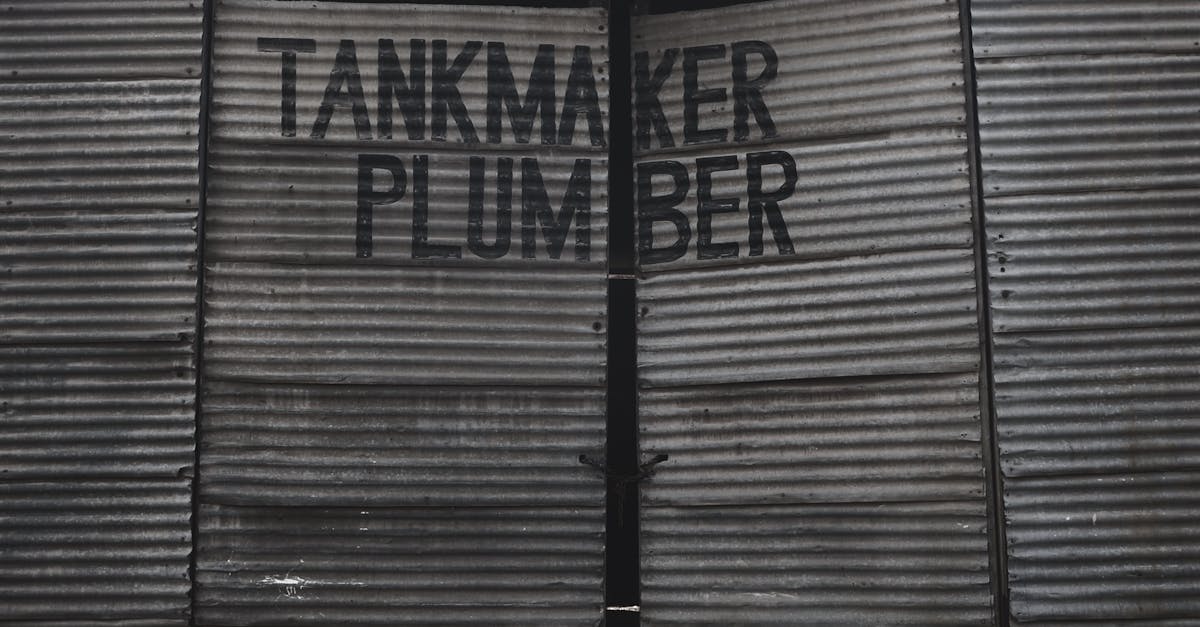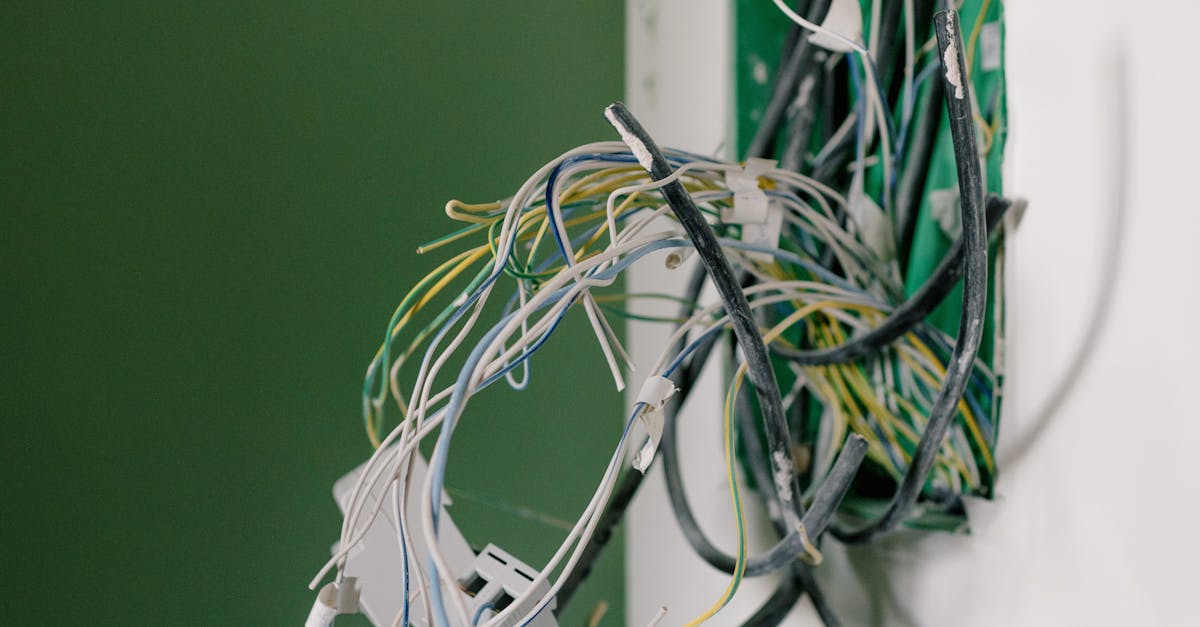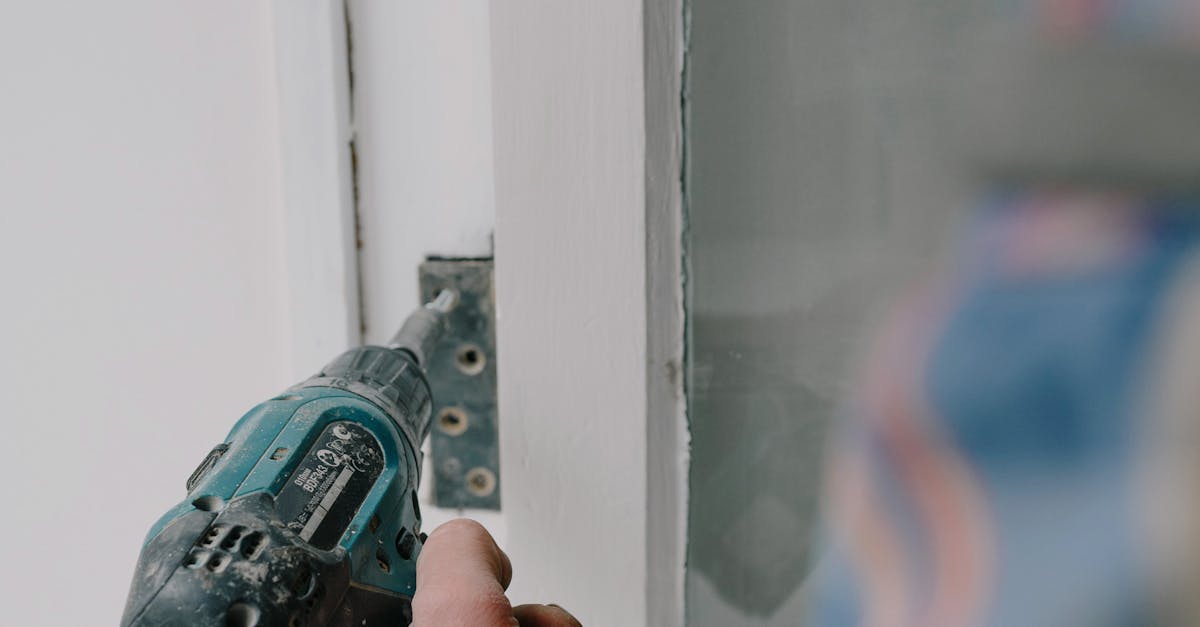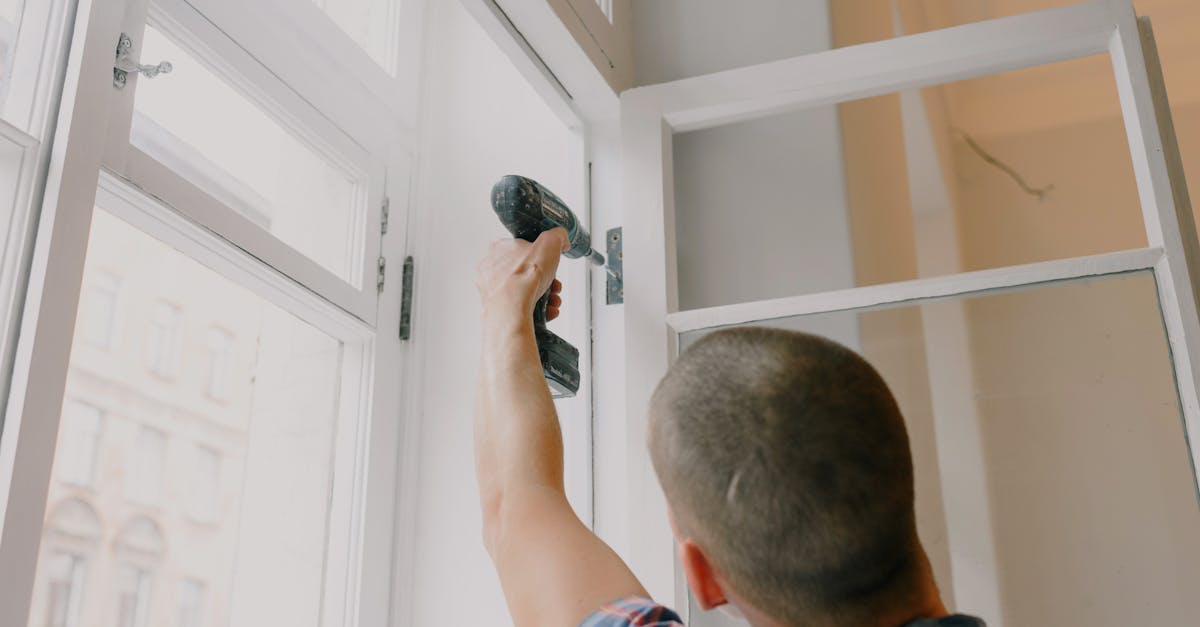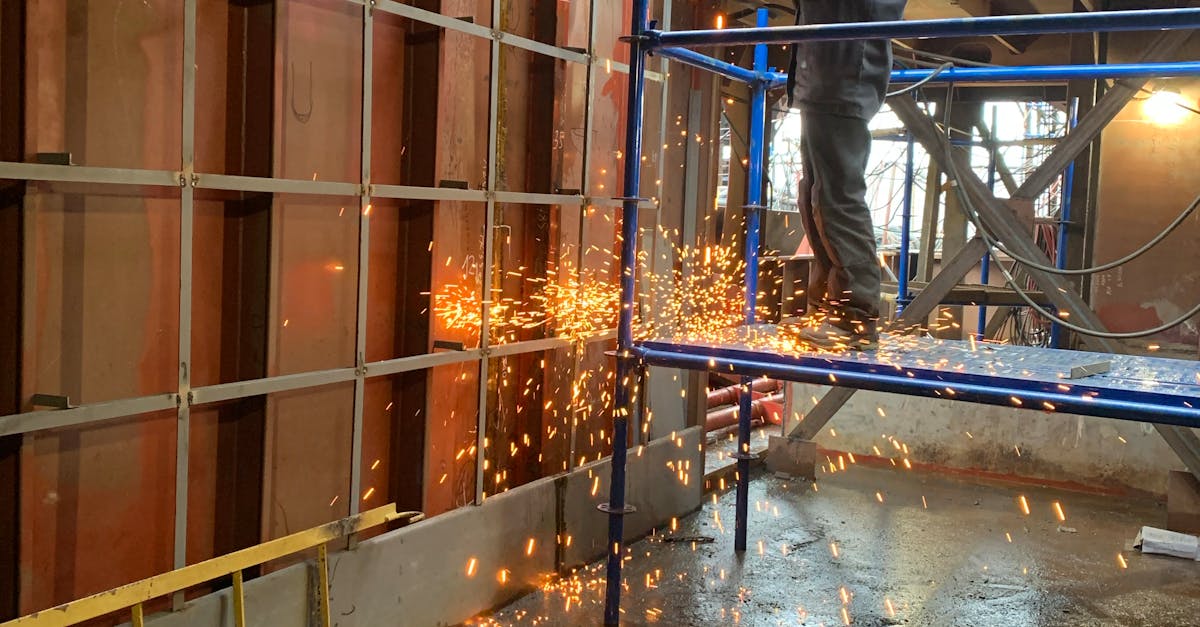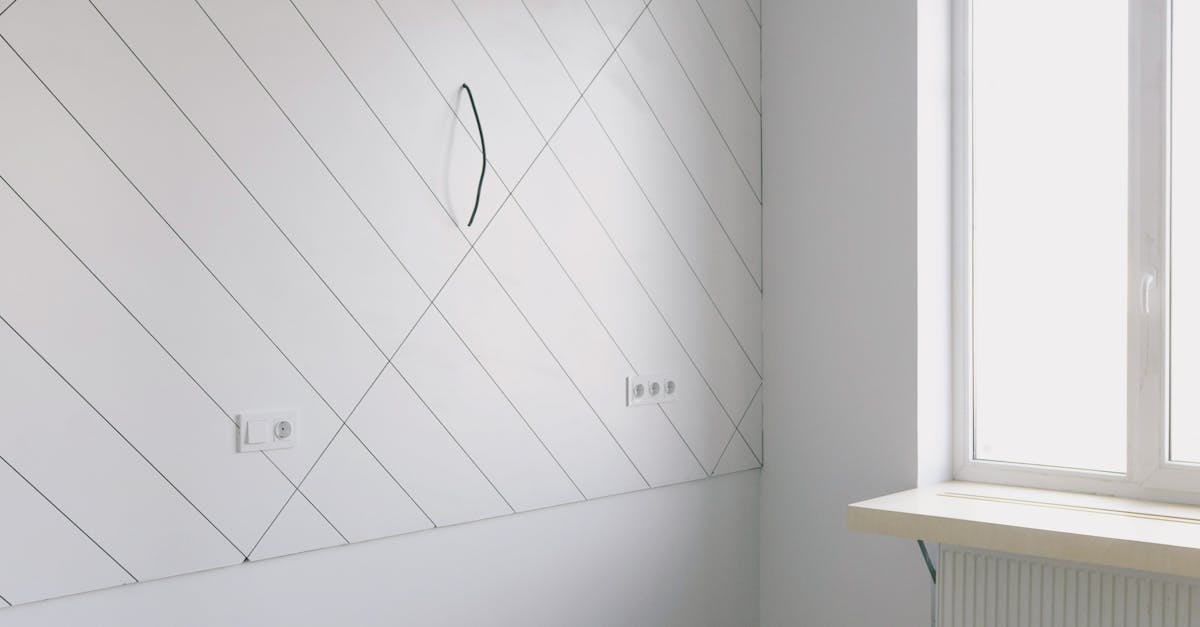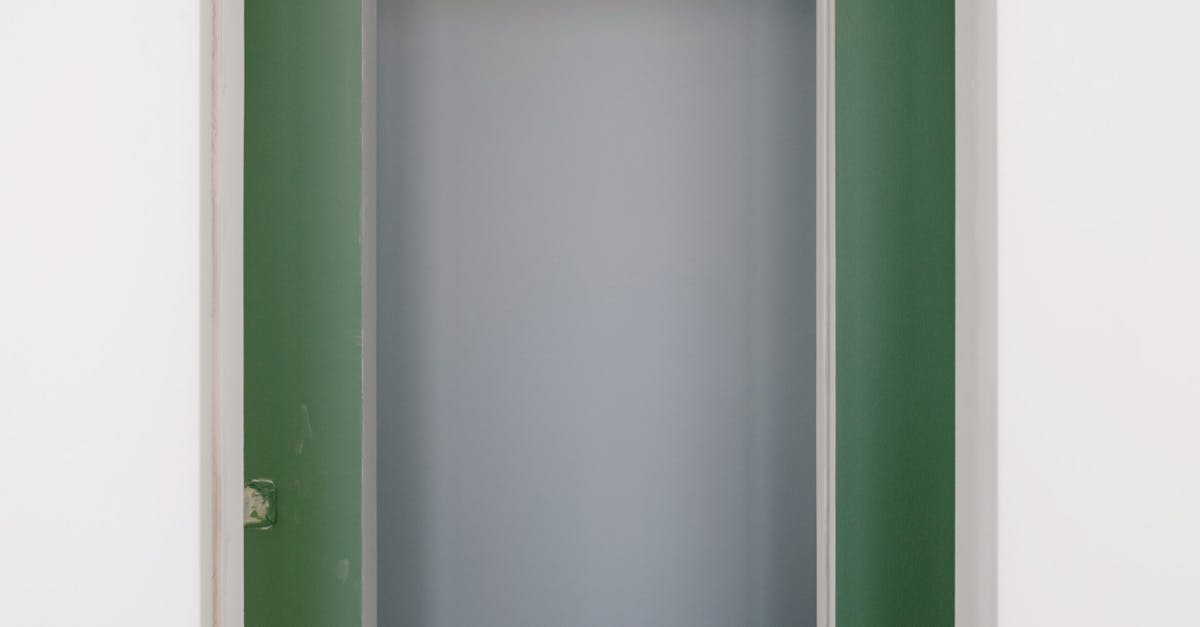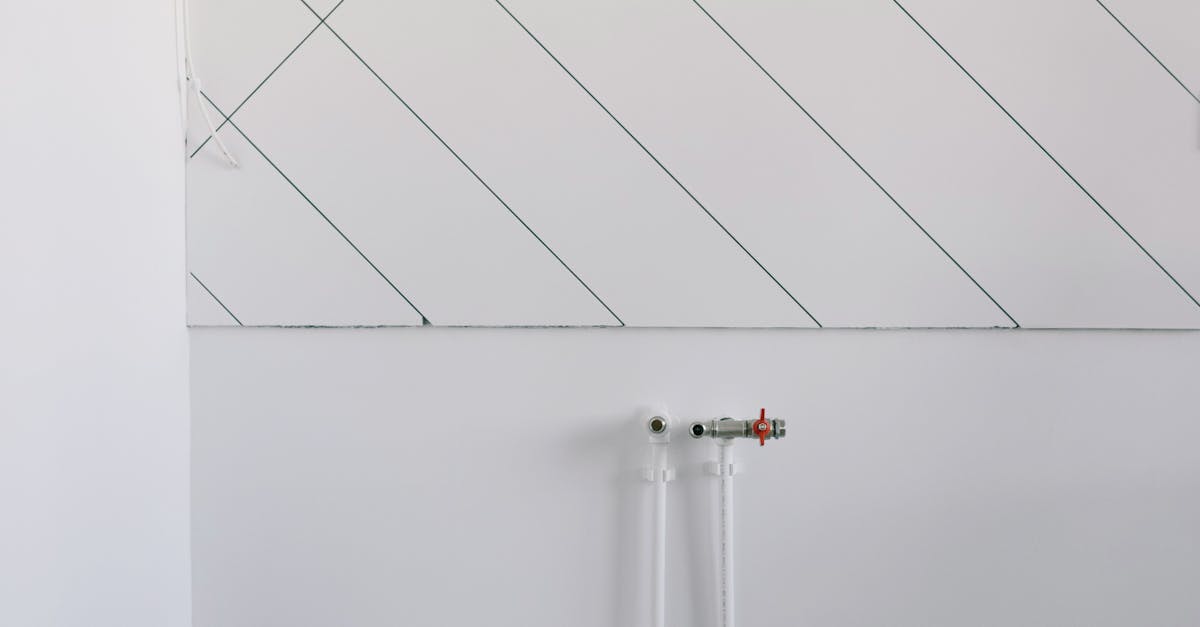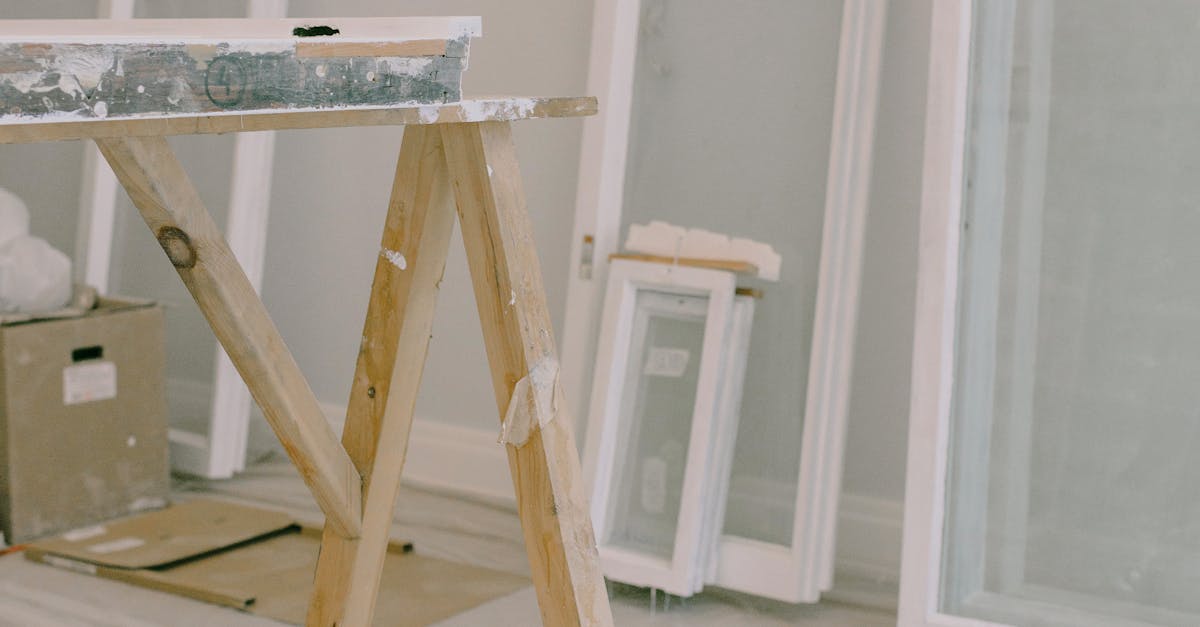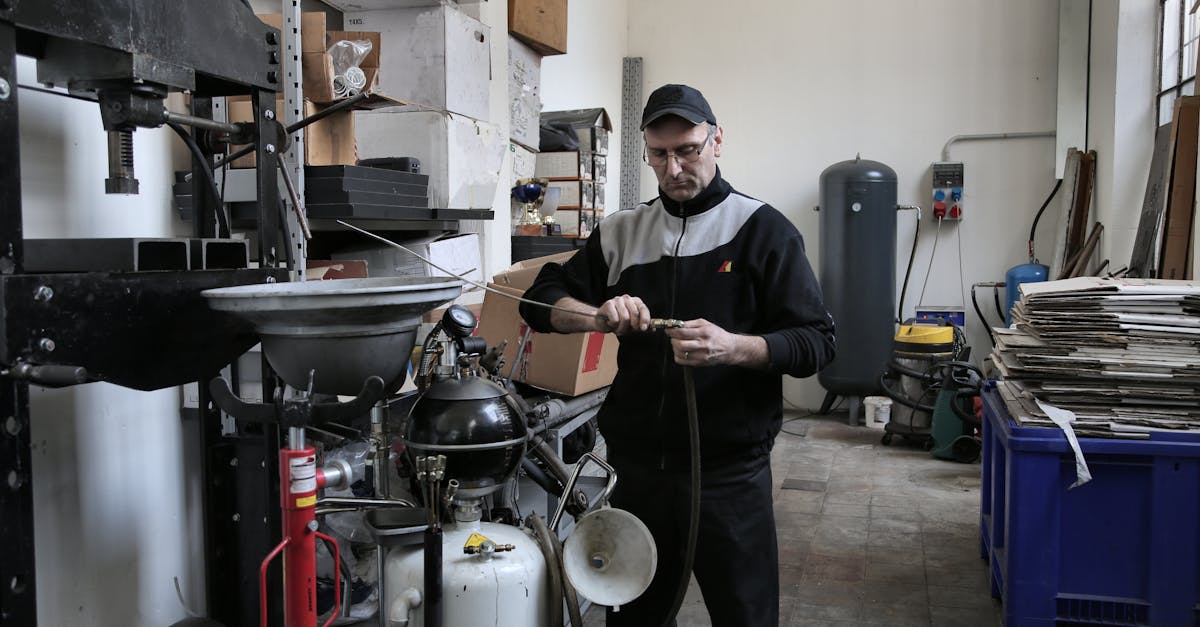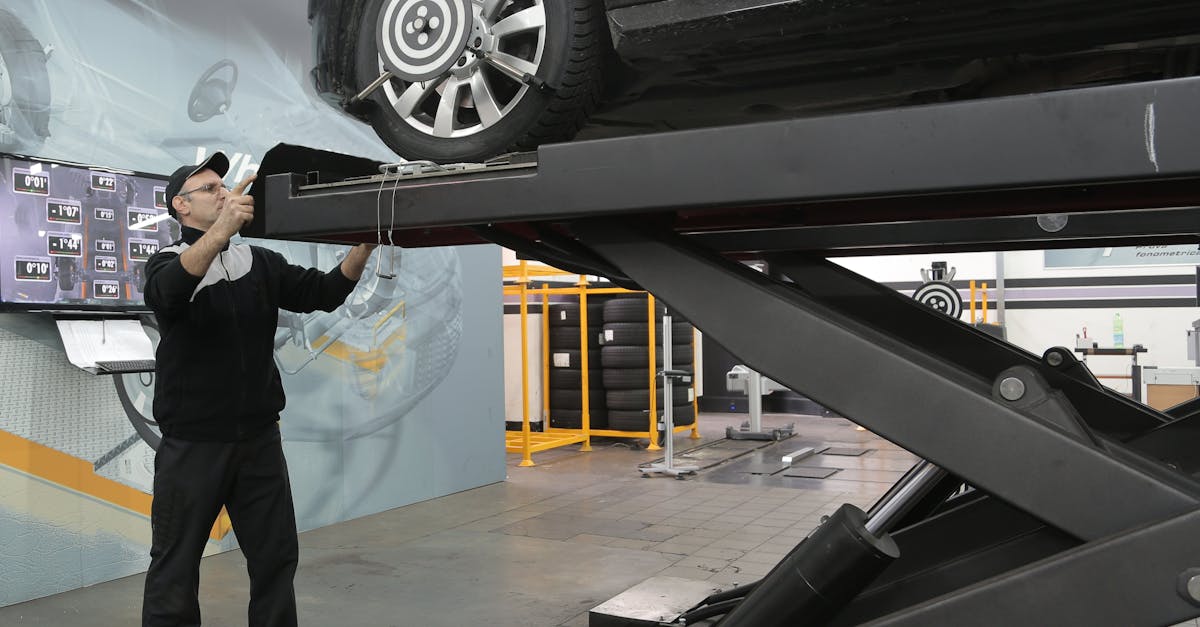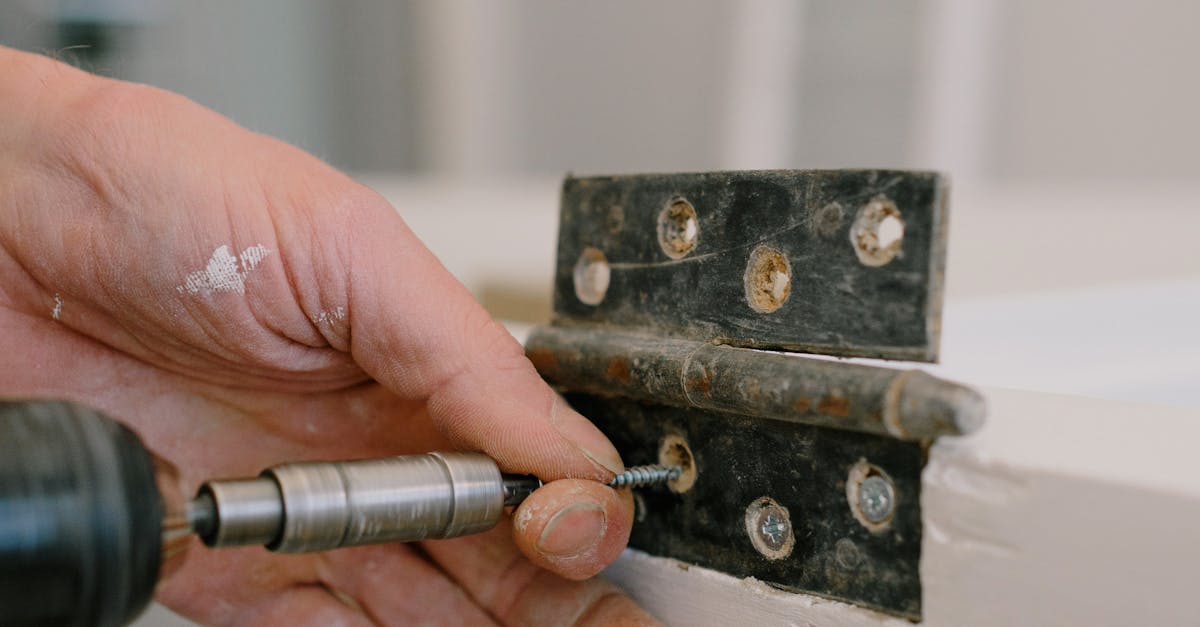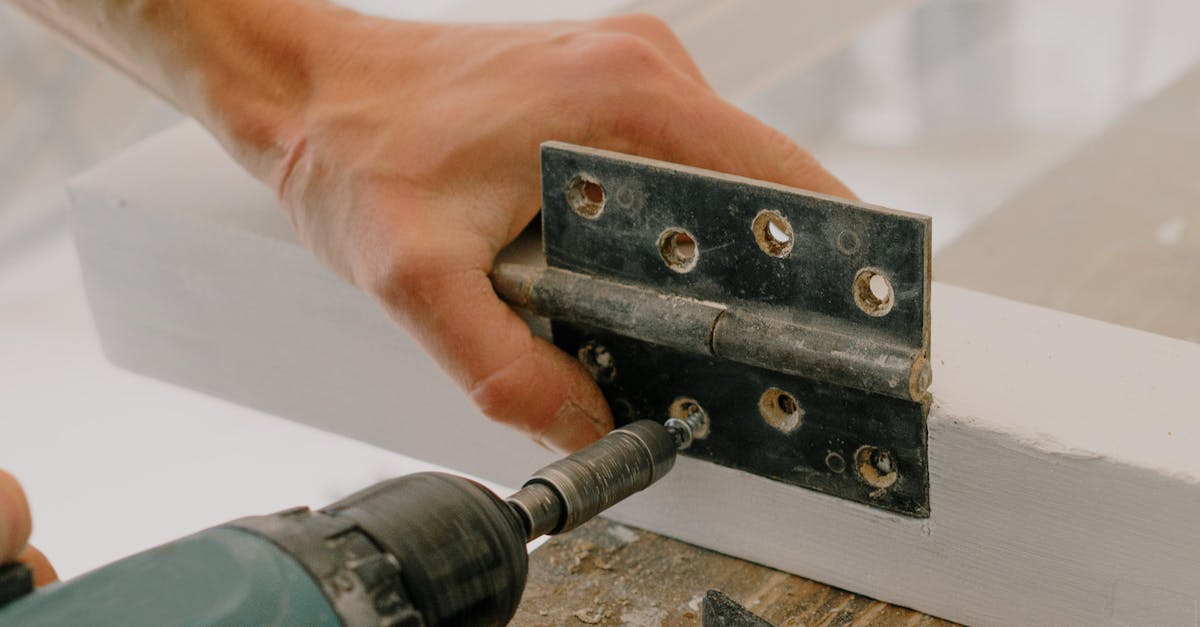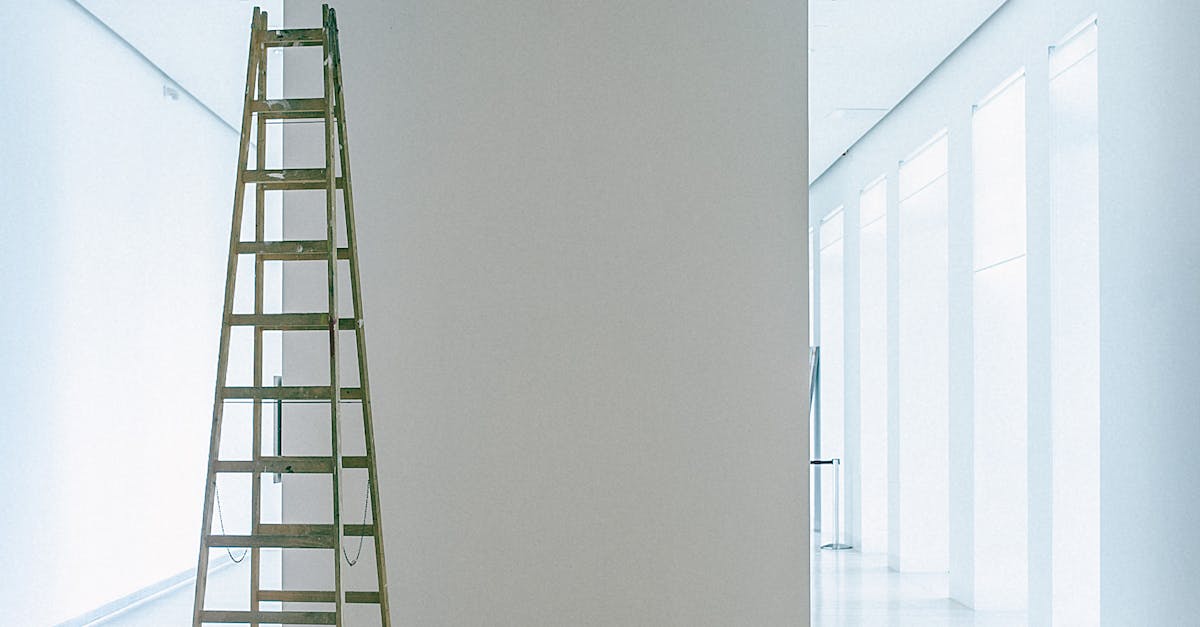
Table Of Contents
Employing a Drain Snake for More Stubborn Clogs
A drain snake serves as a valuable tool for addressing stubborn clogs in a backed-up sewer line. This device, also known as a plumber's snake, consists of a flexible metal cable that can reach deep into the pipes and effectively break up or remove obstructions. Using a drain snake can be an effective method for clearing blockages that are beyond the reach of standard plungers or other household remedies. It is particularly useful for dealing with tree roots, grease, and debris that accumulate over time.
When you encounter persistent drainage issues, employing a drain snake may prevent the need for sewer line installation and repair. Proper technique is essential for effective use. Start by inserting the snake into the affected drain while turning the handle to send it further down the pipe. Once the clog is reached, retract the snake to remove any debris it has dislodged. Regular maintenance and occasional use of a drain snake can prolong the life of your plumbing system and reduce the likelihood of severe blockages.
How to Effectively Use a Drain Snake
Using a drain snake effectively involves a few simple steps that can help tackle stubborn clogs. Start by inserting the end of the snake into the drain opening, ensuring a secure fit. As you push the snake further into the pipe, rotate the handle to allow the flexible coil to navigate bends and curves. This twisting motion helps loosen and break up clogs caused by grease, hair, or other debris. If you feel resistance, pull the snake back slightly and try again until you start to feel it move more freely through the line.
After you have cleared the obstruction, slowly retract the snake while continuing to rotate it. This motion helps to pull out any remaining debris, preventing further buildup. Once you have removed the snake, flush the drain with hot water to help clear out any loose materials. Handling issues with clogs might encourage some homeowners to consider sewer line installation and repair as a precautionary measure. Regular maintenance can prevent larger problems down the line, saving both time and money.
Chemical Drain Cleaners
Chemical drain cleaners are often seen as a quick fix for clogged drains. They work by using powerful chemicals to break down the material causing the blockage. These cleaners can be effective against hair, grease, and other organic materials. However, their potency comes with risks, and they may harm pipes, especially older ones. It's essential to read labels carefully and follow manufacturer instructions when using these products.
In addition to concerns about damage to plumbing, the environmental impact of chemical drain cleaners raises questions about their long-term safety. While they might provide a temporary solution, frequent reliance on these products could indicate underlying issues with the sewer line. Regular maintenance and proper sewer line installation and repair are crucial to preventing clogs and ensuring that plumbing systems remain healthy over time.
Evaluating Their Effectiveness and Safety
Chemical drain cleaners can provide an immediate solution for minor clogs, often breaking down organic material rapidly. However, they are not universally effective. For instance, tougher blockages caused by grease, tree roots, or non-biodegradable items may not respond to these products, necessitating alternative methods such as physical removal or professional intervention.
Safety concerns also warrant consideration when using chemical cleaners. Many contain harsh substances that can irritate the skin and respiratory system. Prolonged exposure can lead to serious health risks. Additionally, they may harm the pipes themselves if misused. Consulting a knowledgeable professional is advisable to explore safer and more sustainable options, especially in conjunction with sewer line installation and repair.
When to Call in Professional Help
Sometimes, DIY methods may not be enough to address a backed-up sewer line. Persistent clogs that resist your best efforts can indicate a more serious underlying issue. If you've tried various methods without success or if you notice recurring problems, it may be time to seek professional assistance. Trained plumbers have the expertise and equipment to diagnose complex issues that a homeowner may not readily recognise.
It's essential to act quickly when faced with signs of a more significant problem. Overflows, foul odours, or issues affecting multiple drains often signal that the problem lies deeper in the system. Professionals can assess the situation and provide solutions, ensuring proper sewer line installation and repair if needed. Taking these steps early can prevent more extensive damage and costly repairs in the future.
Signs You Need an Expert's Assistance
A backed-up sewer line can quickly escalate from a minor inconvenience to a serious issue. If you find that common DIY methods such as plungers or drain snakes repeatedly fail to clear the blockage, it may be time to consider professional assistance. Persistent smells emanating from drains or slow drainage in multiple fixtures often signal deeper problems. Professionals have the experience and tools to diagnose the issue correctly.
Complex issues may arise from collapsed pipes, tree root intrusions, or severe clogs that require specialised equipment. In such cases, relying solely on household solutions could lead to further damage. Expert plumbers not only address existing clogs but also provide insight into preventative measures. They can assist with sewer line installation and repair, ensuring that plumbing systems are restored to optimal function and longevity.
FAQS
What are the common causes of a backed up sewer line?
Common causes include tree root intrusion, grease buildup, foreign objects blocking the line, and pipe deterioration due to age.
How often should I clean my sewer line to prevent backups?
It's recommended to have your sewer line inspected and cleaned every 1 to 2 years, depending on your usage and the age of your plumbing system.
Can I use a drain snake on my own, or should I hire a professional?
You can use a drain snake on your own for minor clogs, but for more stubborn blockages or if you're unsure, it's best to hire a professional to avoid damaging your pipes.
Are chemical drain cleaners safe for my plumbing?
While chemical drain cleaners can be effective for minor clogs, they can also damage pipes over time and may not be safe for certain plumbing materials. Always read labels and consider alternatives.
What are the signs that indicate I need to call a plumber for a sewer line issue?
Signs include persistent backups, multiple drains backing up simultaneously, unusual smells, gurgling noises in the plumbing, and wet spots in your yard where the sewer line runs.
